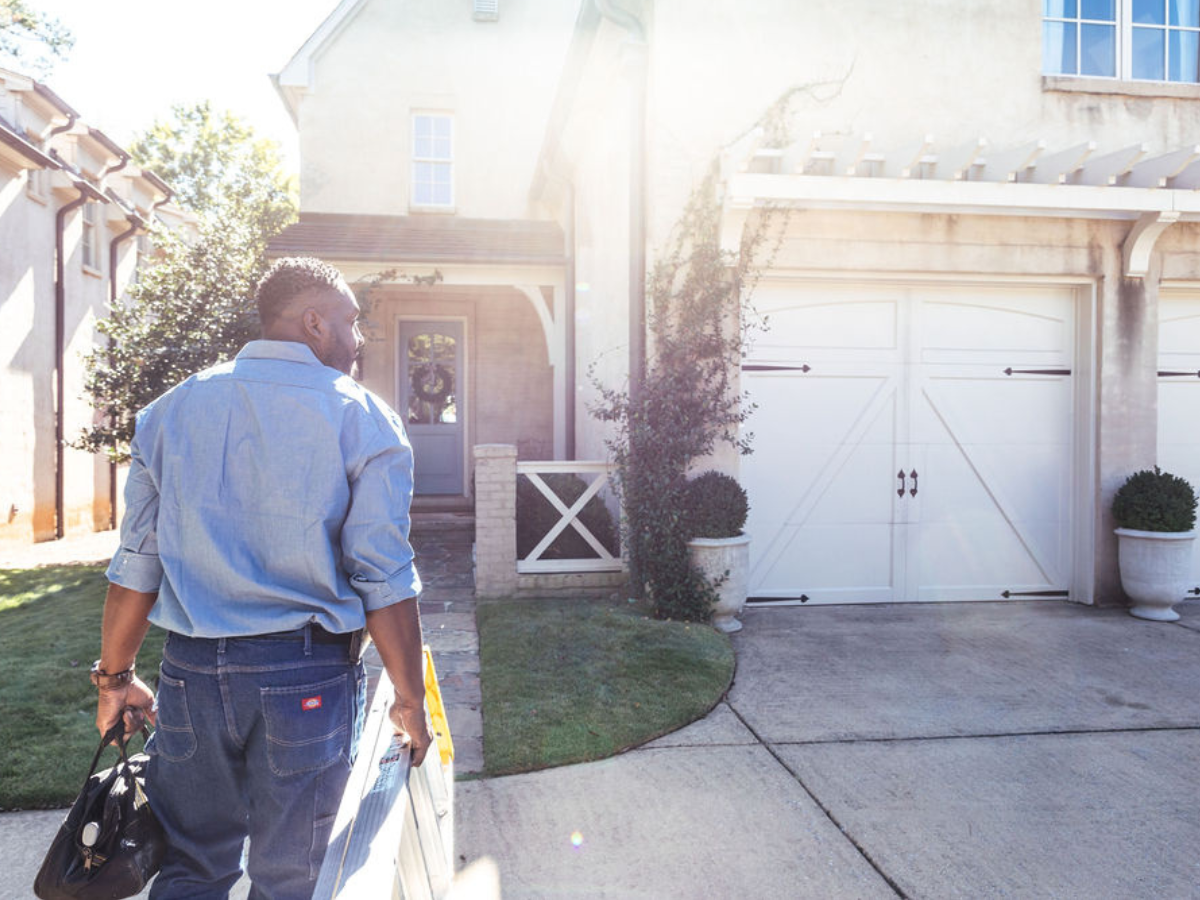Landlords in Tulsa often harbor a common fear of the potential for property damage due to delayed or inadequate maintenance. Addressing this fear is crucial for ensuring the integrity and value of rental properties. Timely and effective maintenance is essential to prevent significant damage and ensure the longevity of property components. In this article, we will explore the consequences of neglecting property maintenance, the importance of routine maintenance, and strategies for effective maintenance management.
Section 1: The Consequences of Neglecting Property Maintenance
Immediate Impacts
Neglecting property maintenance can lead to increased costs, severe property damage, and safety hazards. Minor issues that go unnoticed or unresolved can escalate into major problems, resulting in extensive repairs.
Long-Term Effects
Neglecting maintenance can depreciate the value of the property over time. An unmaintained property loses its appeal, repelling potential tenants. Moreover, increased long-term expenses may arise as a result of prolonged neglect, making it imperative to address maintenance issues promptly.
Section 2: Importance of Routine Maintenance
Preventive Measures
Routine preventive maintenance plays a crucial role in preventing significant damage to property components. Timely repairs identify and address minor issues before they escalate. By maintaining roofing, HVAC systems, plumbing, and other critical areas of the property, landlords can extend their lifespan and avoid costly replacements in the future.
Cost Benefits
Implementing routine maintenance is inherently more cost-effective compared to the high expenses associated with major repairs resulting from neglect. Proactive maintenance minimizes the potential financial burden on landlords.
Enhanced Safety Measures
Regular maintenance not only protects the property from damage but also ensures the safety of its occupants. For instance, timely inspection and maintenance of electrical systems can prevent potential fire hazards, while routine checks on structural integrity can prevent accidents due to building deterioration.
Improved Property Value
Properties that undergo regular maintenance tend to retain their value better over time. Well-maintained buildings not only attract higher-quality tenants but also command higher rental rates in the market. They are more likely to appeal to potential buyers if the landlord decides to sell in the future.
Section 3: Strategies for Effective Maintenance Management
Regular Inspections
Landlords should conduct routine inspections to check various aspects, including electrical systems, plumbing, structural integrity, and safety measures, allowing potential problems to be identified and resolved before they escalate.
Regular inspections also contribute to tenant satisfaction. When tenants see that the landlord is proactive in addressing maintenance issues, it fosters a sense of trust and reliability, leading to better tenant-landlord relationships.
Maintenance Checklist
A comprehensive maintenance checklist is a valuable tool for managing routine maintenance tasks. This checklist should address seasonal maintenance requirements for different parts of the property. Regularly following the checklist ensures that no crucial aspect is overlooked, providing landlords with peace of mind and minimizing potential risks.
A well-organized maintenance checklist can serve as a historical record of the property's upkeep, which can be beneficial for future reference, especially when planning renovation projects or when documenting the property's maintenance history for insurance or resale purposes. Keeping detailed maintenance records can also help landlords track patterns of recurring issues and implement preventive measures to avoid them in the future.
Section 4: Dealing with Unexpected Property Damage
Immediate Response Plan
Despite proactive maintenance, unexpected property damage may still occur. In such cases, it is crucial to have an immediate response plan. This plan should outline steps for assessing and containing the damage to prevent it from spreading and causing further harm to the property and its occupants.
Professional Assistance
Calling in professionals when necessary is essential in dealing with unexpected damages. Having a reliable contractor network ensures that appropriate expertise is readily available. Professional assistance can help in promptly addressing issues and minimizing the impact of the damage on the property.
Section 5: Implementing a Maintenance Plan
Setting Up a Maintenance Schedule
Landlords should develop a comprehensive maintenance schedule that covers regular inspections, seasonal maintenance tasks, and any other maintenance activities specific to the property. Following a well-planned schedule helps ensure that all critical areas of the property are regularly addressed, reducing the risk of damage.
Communication with Residents
Engaging residents in maintaining their living spaces fosters a sense of responsibility and prompt issue reporting. Clear communication and open dialogue encourage tenants to promptly report any maintenance issues they encounter. This proactive approach enables landlords to address problems promptly, minimizing the potential for further damage.
Section 6: Technological Tools for Maintenance Management
Maintenance Management Software
Technological advancements have introduced maintenance management software that simplifies the tracking of maintenance tasks, scheduling repairs, and documenting expenses. These software options provide a centralized platform for landlords to efficiently manage their maintenance operations, reducing manual errors and streamlining the process.
Benefits of Technology Integration
The integration of technology in maintenance management can save time, improve efficiency, and provide a more organized approach to maintenance tasks. It reduces the risk of overlooking essential maintenance activities and ensures accurate record-keeping.
Conclusion
In conclusion, addressing the fear of property damage due to delayed or inadequate maintenance is vital for Tulsa landlords. The consequences of neglecting maintenance range from increased costs and severe property damage to long-term depreciation and higher expenses. Implementing routine maintenance and utilizing technological tools can significantly mitigate these risks. By adopting proactive measures, landlords can maintain the integrity and value of their properties and provide tenants with safe and well-maintained homes.
And don’t worry. If the above seems like all too much, you can always outsource maintenance and repairs to a professional property management company. Reach out to our local team today!


